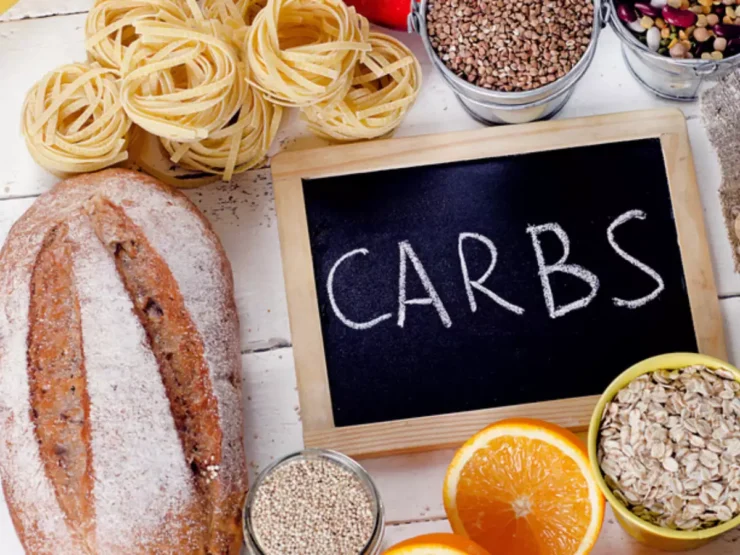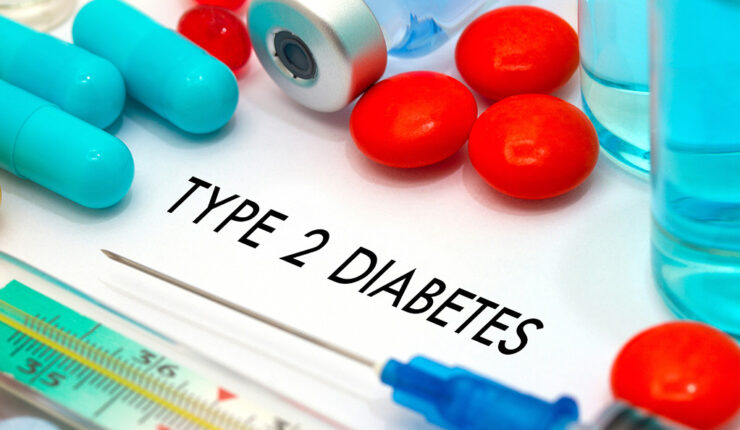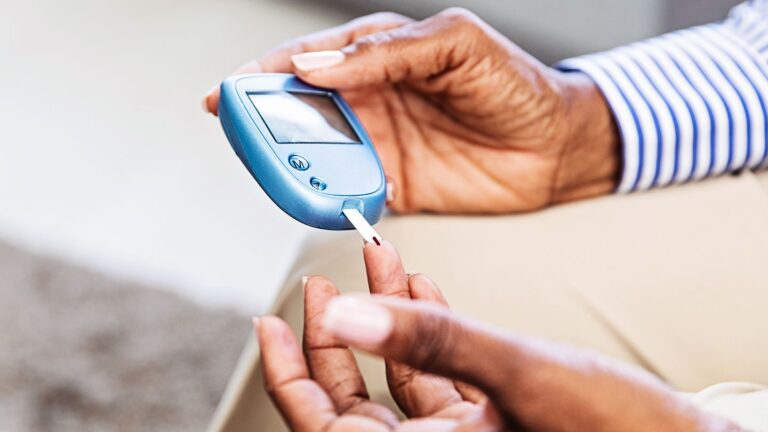Throughout the day, your blood sugar level fluctuates; it can either rise or drop. It is determined by a host of factors that you tend to overlook. People with diabetes must constantly work to stabilize their blood sugar levels. Nevertheless, chances are, non-diabetics don’t bother to keep an eye on their glucose levels.
Natural Ways You Can Balance Your Blood Sugar Levels
Have you ever felt energized after a meal, only for you to crash afterward? If so, there is a chance that your blood glucose level is out of balance. Other symptoms include increased thirst and urination, fatigue, blurred vision, headaches, anxiety, shaking, sweating, dizziness, irregular heartbeat, and irritability.
Both high and low blood sugar levels come with accompanying health problems. Therefore, it’s pertinent that you keep your levels in check daily. Plus, proper blood glucose control helps you sustain your energy, keeps you focused, stabilizes your hormones, and lets you maintain optimal health and well-being. Read on as the PureHealth Research team delves into four ways you can naturally stabilize your blood sugar levels.

Watch Your Carb Intake
High blood sugar, also called hyperglycemia, is often associated with elevated carbohydrate intake. Once you digest sugar and introduce it into the bloodstream, your body releases a hormone called insulin which aids in the reduction of sugar in your bloodstream. However, for some reason or another, your body’s defense mechanism may not work perfectly.
You can lower your carb intake to prevent blood glucose spikes. Another thing you can do is pair your carb meals with foods rich in healthy fats, proteins, and fiber. Conversely, eating too few carbs can cause low blood sugar, also known as hypoglycemia. In this case, you can increase your carb intake in controlled amounts; go for grapes and glucose tablets which are easily absorbed. Foods like bread, cookies, and chocolates are also good, but they don’t digest quickly enough.
Essentially, meet with your healthcare provider to know what tests you can take to determine how much carbohydrate you can take. There are also blood glucose monitors that you can use at home to check your levels.
Load up on Chromium and Magnesium
These two minerals offer an effective way to balance your blood sugar levels. Hyperglycemia has been linked with deficiencies in micronutrients such as magnesium and chromium.
Chromium plays an active role in the digestion of fats and carbs. It can aid the release of insulin, our body’s natural blood sugar regulator. Foods rich in chromium include egg yolk, tomato, meat, vegetables, nuts, fruits, and whole grain products.
Magnesium can reduce the risk of diabetes. Low magnesium levels could result in insulin resistance and sensitivity to glucose in people with diabetes. To maintain a healthy glucose level, you can eat magnesium-rich foods like tuna, whole grains, avocado, banana, beans, dark chocolate, almonds, cashews, and spinach.
Evidence shows that these two minerals are more effective together. Hence, you need to eat a balanced diet to get the full benefits. However, you can supplement your food intake with the Blood Sugar Formula, which contains a healthy amount of chromium and magnesium plus other essential minerals that can balance your blood sugar levels.

Watch Your Weight and Exercise More Often
It’s more difficult for your body to produce insulin and control blood glucose levels when you are obese. Being overweight can cause a sharp increase in your blood sugar levels which might result in type 2 diabetes.
To manage your weight, begin by reducing your calorie intake. Start a diet plan and control your serving sizes. You can also explore exercise to help you lose weight and stay fit. Exercise aids in the body’s blood sugar regulation by increasing cells’ sensitivity to the insulin produced. Exercise also helps your muscle cells absorb sugar from the blood, which in turn reduces glucose levels. It doesn’t matter which one you choose; moderate-intensity and high-intensity exercise can be beneficial with proper execution.
Choose a Healthy Lifestyle
We can make many changes to our everyday routine that will bring huge benefits. The idea is to start small and turn these tips into automatic habits:

-
Sleep
When was the last time you had good quality sleep? Sleeping too little or too much can make it difficult for your body to regulate its sugar levels – you have to strike a balance. To improve the quality of your sleep, you can follow a nighttime routine and stay away from alcohol and caffeine in the evening. Limit your screen time when it’s close to bedtime, and keep your room cool, if that works for you.
-
Water
Staying hydrated should be your daily goal. It helps to keep your blood sugar within healthy levels. Dehydration makes the body retain fluid, making it almost impossible to flush out excess sugar in your urine.
Drink water whenever you’re thirsty and increase the quantity whenever you’re exercising or the weather is hot. And stick to water, not soda.

-
Alcohol
Alcoholic drinks are often high in sugar, which means they can cause spikes in your blood sugar levels. And just like added sugar, they have little or no nutritional value. Over time, excessive drinking can reduce the effectiveness of insulin in the body. However, moderate drinking does the body little harm, especially if accompanied by food.
-
Stress
Whenever you are stressed, your body releases stored energy in the form of sugar to help you respond to the situation. Stress can cause headaches, anxiety, and high blood pressure. Stay away from anything that can trigger stress. You can explore meditation or yoga exercises to reduce anxiety.

Conclusion
Simple changes to your diet and lifestyle can help you efficiently manage your blood sugar levels. Control your carb intake and eat more fiber. Exercise frequently to keep in shape and drink plenty of water.
Some people have a plan that effectively helps them balance their blood sugar levels and follow this routine daily. Others might find having a solid plan elusive. Either way, prevention is better than cure. And it’s always wiser to seek out natural solutions before hopping on medications.

